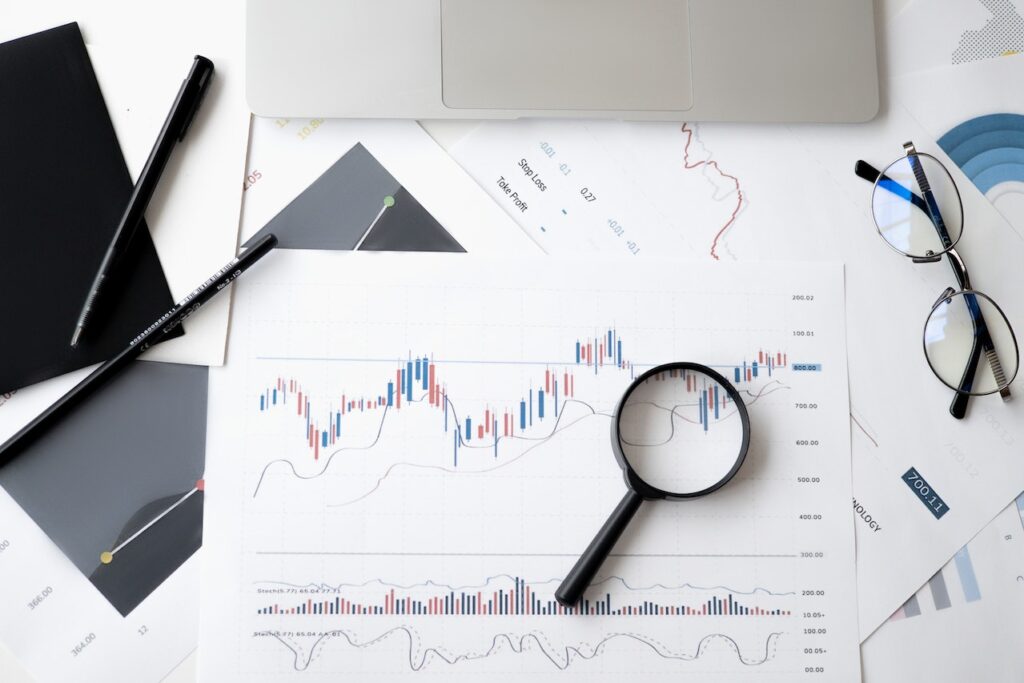
The first thing you should know is that forex trading involves a high degree of risk, but it is a very promising investment, as long as you have a good understanding of the different components. These components are the base currency, Leverage, Spread, and Pip. The next thing you should know is how the forex market works.
Leverage
Leverage in forex trading allows you to trade with a fraction of the total amount of your account. This gives you greater exposure and enables you to gain more profit from price changes. However, there are some things you should remember before using leverage. First, you should limit your position size. You should not risk more than one standard lot. Also, do not use your entire account as margin. Traders should always be aware of the risks associated with leverage.
First, you should decide on the level of leverage you are comfortable with. A new trader might prefer to use lower levels of leverage, while a more experienced trader will use higher levels of leverage.
Spread
Forex traders face a variety of challenges, including spreads, which can make or break your trading. These costs are part of doing business, but there are ways to minimize them and maximize your profitability. The key is to manage your spreads and trade when the market is most active. Here are some tips to help you manage your spreads:
First, know what you’re paying. Forex spreads change constantly, and it’s important to have an understanding of what you’re paying. Spreads can eat into profits and cause requotes. However, by understanding what spreads are and how they’re calculated, you can ensure that you’re paying the least possible.
Pip
Pip forex trading is a system that allows traders to trade currency pairs. This type of trading involves buying and selling currency at a predetermined price, expressed in pips. The price difference between one currency pair and another is typically a few pips. The price difference between a pair of currencies can also be expressed as a percentage.
A pip is worth one cent in the currency of the currency pair in which the trader is trading. Many currency pairs have a pip value based on the base currency of the trader’s account. For example, if a trader is trading the USD/GBP pair, the pip value is $10 on a standard lot, $1 on a mini lot, and 0.1 GBP on a micro lot.
Base currency
The base currency is the currency that is used to make purchases and sales on the foreign exchange market. This currency is usually the first one quoted in a currency pair. The base currency is EUR, which is worth about 1.25 USD. In other cases, the base currency is the USD, which is used as the base currency in pairs such as USD/TRY and USD/RBL. Furthermore, the USD is also used as the base currency in futures markets, which are mostly based in the United States.
There are more than 170 currencies around the world, and the US dollar is the largest. The second-most-used currency in the forex market is the euro. It is accepted by 19 member countries of the European Union. Other popular currencies include the British pound and the Australian dollar. The third-most-popular currency is the Canadian dollar, while the Swiss franc is the sixth-most-used currency.
Foreign exchange market
The foreign exchange market is a global financial market where currencies are bought and sold. The market is regulated by central banks and commercial banks. These institutions facilitate international trade and foreign investments. Traditional users include companies that have operations across countries and foreign tourists. Retail market makers and hedge funds can also be active participants in the market.
The foreign exchange market is the world’s largest market. It is the means by which countries exchange currencies. It helps facilitate trade by allowing importers to use short-term credit to fund their purchases from other countries. The amount of cash traded is vast – it exceeds the value of world stock markets.
Minimum deposit
If you’re new to forex trading, you may wonder how much you need to invest to get started. The amount you need will depend on the size and margin of your positions. The type of payment you use to fund your account will also affect the amount of money you need to deposit. Some brokers require you to deposit a certain amount before you can trade. Some brokers have low minimum deposits while others require thousands of dollars.
A good rule of thumb is to open a large account if you’re trading on a long-term basis. But if you’re just looking to practice one-day trading or are new to the forex market, a small account may be sufficient. You should always use a stop-loss rule of five times the amount you deposit and multiply it by the number of possible losses to avoid exceeding the amount of your deposit.






Facebook Comments